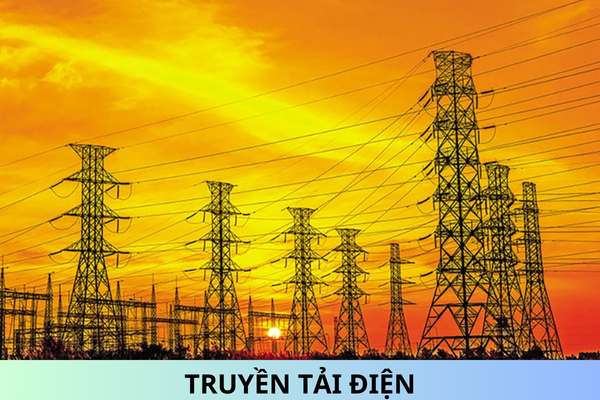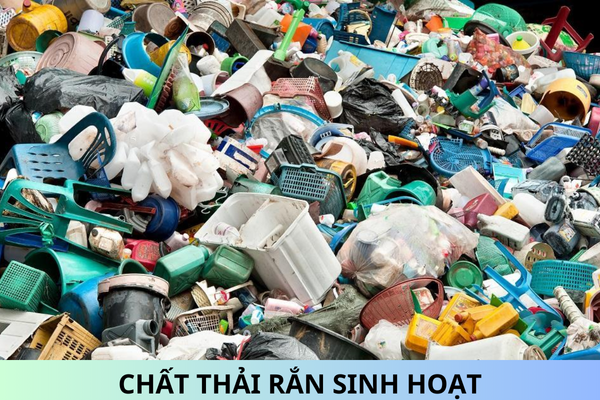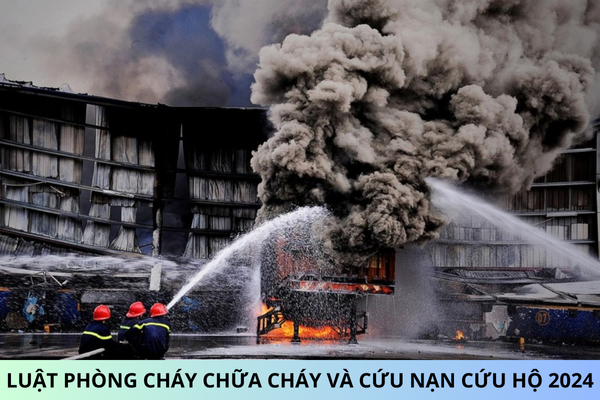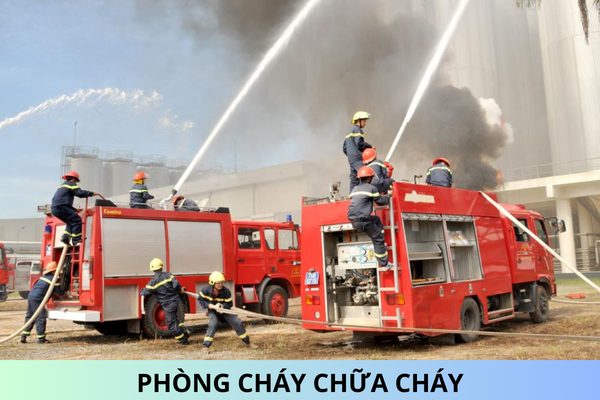How is Municipal Solid Waste Management Regulated?
In Clause 1, Article 72 of the Environmental Protection Law 2020 (Effective from January 1, 2022), the general requirements for the management of domestic solid waste, hazardous waste, and ordinary industrial solid waste are stipulated as follows:
- Waste must be managed throughout the entire process of generation, minimization, classification, collection, storage, transfer, transportation, reuse, recycling, treatment, and disposal;
- Owners of hazardous waste sources and ordinary industrial solid waste are responsible for reusing, recycling, treating, and recovering energy from waste or transferring to facilities with appropriate functions and environmental permits for treatment;
- Owners of industrial waste sources must control and determine whether the waste is hazardous or ordinary industrial solid waste by sampling and analyzing conducted by qualified facilities according to legal regulations. After determination, industrial waste must be managed according to legal regulations;
- Waste that meets the technical standards and regulations for raw materials, fuels, and materials according to the laws on product and goods quality management can be managed like products and goods and can be directly used as raw materials, fuels, and materials for production activities;
- Organizations and individuals transporting domestic solid waste, hazardous waste, and ordinary industrial solid waste must ensure the waste is transported to facilities with appropriate functions and environmental permits or handed over to other transporting organizations or individuals to transport to facilities with appropriate functions and environmental permits;
- The management of radioactive waste is carried out following the laws on atomic energy.
Sincerely!










